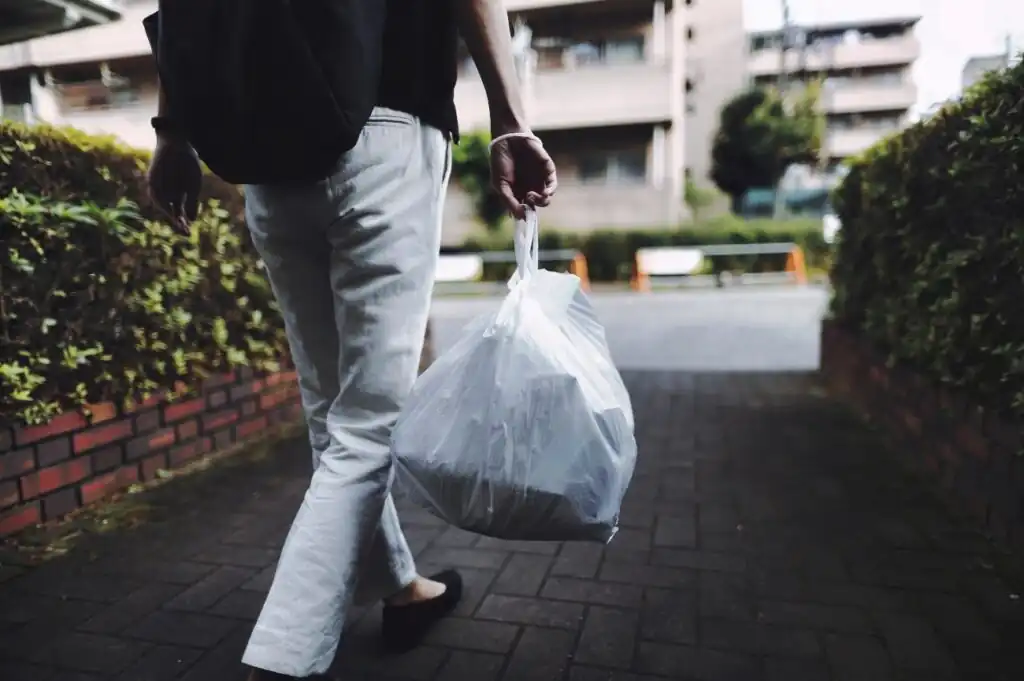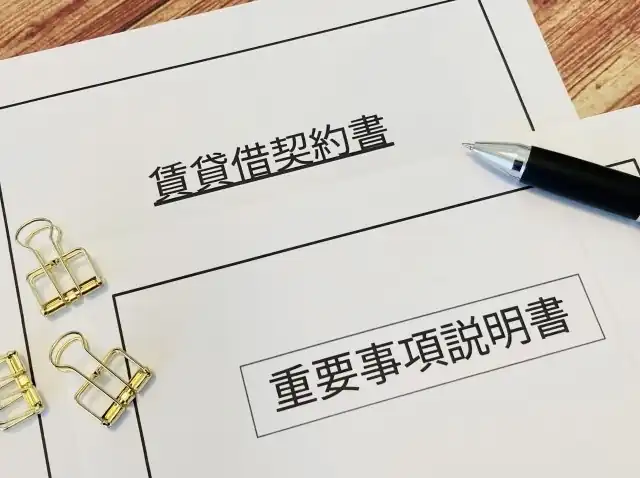The number of foreigners coming to Japan for work is steadily increasing. While many individuals are aware of certain aspects of Japanese culture and work styles before their arrival, there are significant differences between Japan and other countries regarding customs and mindsets, particularly in rental properties and real estate.
This article will highlight common issues when living in rental properties in Japan and provide tips on avoiding them. If you are a foreigner planning to work in Japan, this guide will be a valuable resource.
Village House welcomes foreigners to our rental properties. Additionally, our call center is staffed with foreign employees who can assist you in your native language, ensuring you can confidently reach out. If you’re looking for a rental property, please visit our website for more information.
Pitfall 1: Issues with neighbors

When foreigners live in rental properties in Japan, behaviors such as “inviting friends over and causing loud disturbances” or “blocking shared passageways by parking bicycles in front of the entrance” may occur.
In Japan, such behaviors are considered a nuisance. Even if the real estate company does not issue a warning, it is important to recognize these as basic rules to prevent conflicts with neighbors and maintain a peaceful living environment.
Additionally, while house parties are common in some countries, they are not as widespread in Japan. If you’re unsure about the appropriate standards for noise levels and etiquette, it’s a good idea to consult with your real estate company in advance to ensure you respect local customs and avoid any issues.
Pitfall 2: Rule violations

One of the common issues foreign tenants encounter is garbage disposal. In Japan, the rules for sorting and disposing of garbage are quite strict. Unlike in Europe and the United States, where garbage is typically classified into just two categories – “regular garbage” and “recyclables”- Japan has more detailed classifications, including burnable garbage, non-burnable garbage, recyclable materials, and bulky waste.
For foreigners living in Japan for the first time, understanding these complicated rules can be challenging. It’s important to refer to the guide on garbage sorting provided by the local government, which clearly outlines the specific rules. If you have any questions or are unsure about anything, don’t hesitate to ask your real estate company for clarification.
Pitfall 3: When signing or canceling a rental contract

The rules commonly found in Japanese rental contracts may be unfamiliar to foreigners, leading to various issues with rental agreements and cancellations. Some common problems include.
- Lack of understanding about deposits, key money, and renewal fees
- Leaving without prior notice
- Leaving unnecessary furniture or luggage when moving out
- Forgetting to cancel utility contracts, etc.
8 points to help prevent trouble for foreigners in Japanese rental properties

- Find a guarantor
In Japanese rental contracts, a “guarantor” is required to cover the rent if the tenant falls behind. Typically, a relative with a stable income is asked to act as the guarantor. However, foreigners who come to Japan alone often ask a Japanese-speaking friend or acquaintance to take on this role.
However, since being a guarantor comes with financial responsibility, it can be difficult to find someone willing to take on the role. It is recommended to use a “guarantor company” if you’re unable to find a guarantor. These companies act as your guarantor in exchange for a fee, providing a practical solution for those who don’t have a suitable person to take on this responsibility.
- Check the contents of the contract
You will sign a contract with the real estate company when renting a property. This contract outlines important details such as the initial costs required at the time of signing, the rules regarding your tenancy, the procedures for contract renewal, and the conditions for moving out. Therefore, it is crucial to carefully review the contents of the contract to avoid any misunderstandings or surprises later on.
The contract is written in Japanese and contains many technical terms, which may be difficult for foreigners to understand. However, it contains important information, so if you have any questions, do not hesitate to ask the real estate company for clarification. It is essential to fully understand the contents before signing, as the contract requires the signature of the tenant to be completed.
- Be careful about noise
In apartments and condominiums, it is important to refrain from making excessive noise or causing vibrations. For example, inviting friends over late at night and making loud noises or vacuuming during late hours can disturb neighbors. If neighbors file noise complaints, the management company or real estate company may intervene. In some cases, you could even be asked to move out, so it’s essential to be mindful of noise levels and respect your neighbors’ peace.
- Follow the rules for putting out the garbage
Garbage collection areas in Japan are often prone to odors and damage from crows, which is why many rental properties have strict rules about how to dispose of garbage. Additionally, the designated place and time for garbage disposal, as well as the sorting methods, can vary from property to property. Therefore, it is important to carefully check these details when moving in to ensure you’re following the correct procedures.
In apartment complexes and other shared housing, the door to the garbage collection area may be locked except during designated times. Following the rules for garbage disposal is considered a matter of common courtesy in Japan, so it is important to adhere to these regulations to maintain a harmonious living environment and avoid inconveniencing others.
- Contact the landlord if the equipment breaks down
In Japanese rental properties, if built-in equipment such as air conditioners, gas stoves, gas water heaters, or lighting breaks down, the landlord is typically responsible for covering the repair costs.
However, if you repair the equipment yourself without contacting the management company, or if you leave it broken, you may not be able to have the repair costs covered, and you could face additional charges when moving out. To avoid these issues, it’s important to contact the management company or landlord immediately if you notice any malfunctions in the equipment.
However, if the malfunction is caused by the tenant’s negligence, the tenant will be responsible for the repair costs. Even in such cases, it’s important not to make any judgment. Instead, consult with the management company or landlord to discuss the situation and avoid any potential misunderstandings or issues.
- Do not let anyone other than the contract holder live in the apartment
In Japan, as a rule, only the contract holder is allowed to live in a rental property designated for single tenants. Sharing the room with a friend or subleasing the room to someone else is considered a violation of the rental contract.
Room sharing and subleasing are often discovered through reports from neighbors. If you violate the contract, you may be asked to move out. To avoid this, make sure that only the contract holder lives in an apartment designated for single tenants.
- Report in advance when moving out
When you decide to move out of a rental property, in Japan, it is common to contact the real estate company or landlord in advance. Typically, you are required to give 1 to 2 months’ notice before moving out. However, the required notice period may vary depending on the real estate company or landlord, so it is important to check the details in your rental contract.
Additionally, if the rental contract includes a “prior notice of termination” clause as a special condition, you must comply with it. In some cases, you may also be required to provide written notification of your intent to terminate the lease.
- Restore the property to its original condition when moving out
When moving out of a rental property, you are required to return the apartment to its original condition, based on the obligation to “restore the property to its original state.” The tenant is responsible for repair costs resulting from intentional or negligent actions, such as yellowing from smoking, holes made accidentally, or other damage. However, the landlord is typically responsible for repairs due to normal wear and tear caused by everyday use, such as the deterioration of wallpaper or wear on flooring.
The cost of restoring the property to its original condition is usually deducted from the deposit. When it comes to normal wear and tear, the deposit will typically be refunded. However, if the restoration costs exceed the deposit, you may be charged additional fees. To avoid issues when moving out, it is advisable to maintain the apartment in good condition and clean regularly throughout your tenancy.
Cities with a large number of foreigners in Japan

Areas such as Koto ward and Setagaya ward in Tokyo have a large number of foreigners. As real estate agencies in such areas are accustomed to the needs and living conditions of foreigners, these neighborhoods often offer a higher chance of passing the rental screening process. Consequently, they are more likely to recommend rental properties that are well-suited to foreign tenants, making it easier to find a comfortable place to live.
When foreigners move into a rental property in Japan, it’s essential to understand the unique rental rules and contract customs to avoid any issues. By familiarizing yourself with these guidelines in advance, you can prevent the common troubles mentioned earlier and ensure a smooth and comfortable living experience in Japan.
In the properties offered by Village House, one in five tenants are foreigners. We also have a help system where foreign staff can assist you in your native language and provide support for contract procedures and move-in assistance. If you’re looking for a rental property in Japan, please feel free to contact us.
Related articles:
- Should You Repair Scratches on Hardwood Flooring? A Complete Guide to Fixing and Preventing Damage
- All the Documents You Need when Signing a Rental Contract and Applying for an Apartment
- Who Should You Choose as a Guarantor? Improve Your Chances to Pass Rental Apartment Application Screening!
- What Do You Need to Clean Before Moving Out?
- A Foreigner’s Guide to Clearing the Tenant Screening Process

Hello, I’m Machiko Doi, a freelance writer who writes about housing and living in Japan.
I live in an 80-year-old house that I inherited from my grandparents along with my two shelter cats and daughter.
We live a relaxed life while repairing the house.
I like to cook vegetables from the garden and fresh fish caught by my father, and enjoy them with cold beer on a hot day or hot sake on a cold day.



